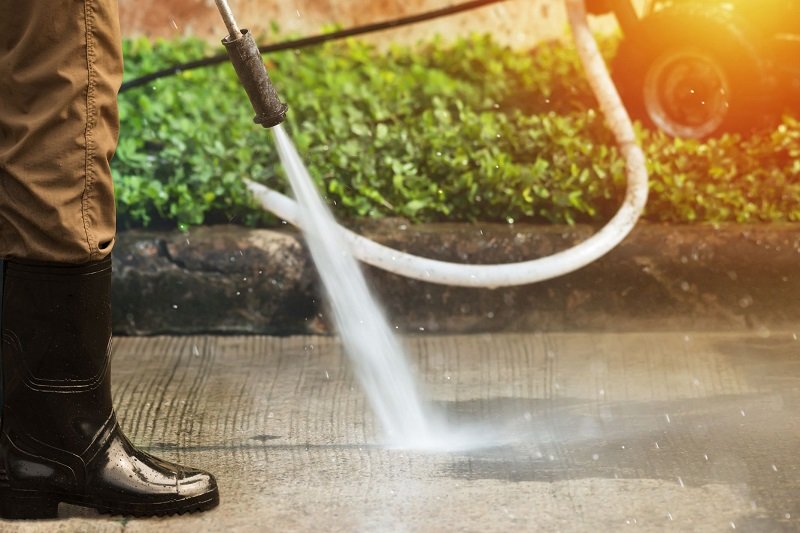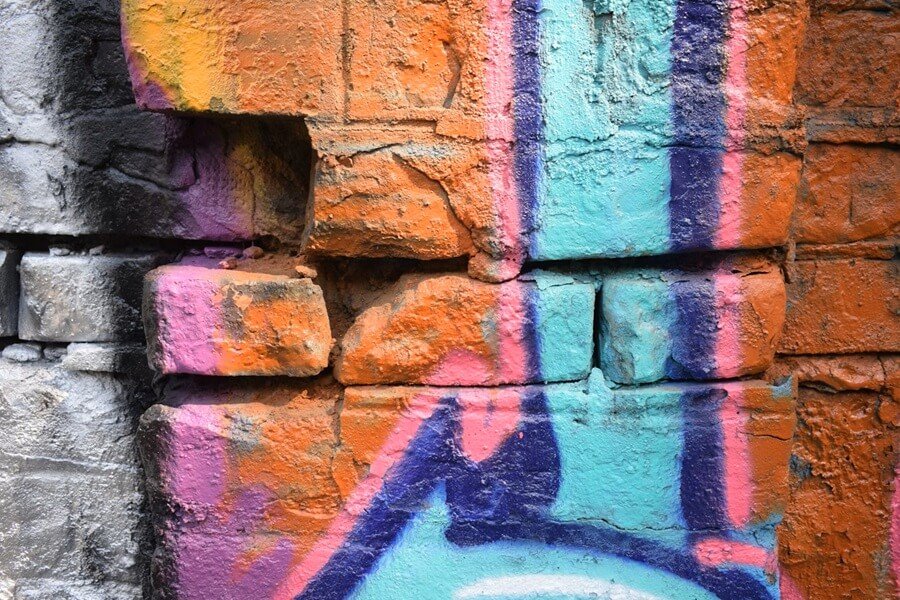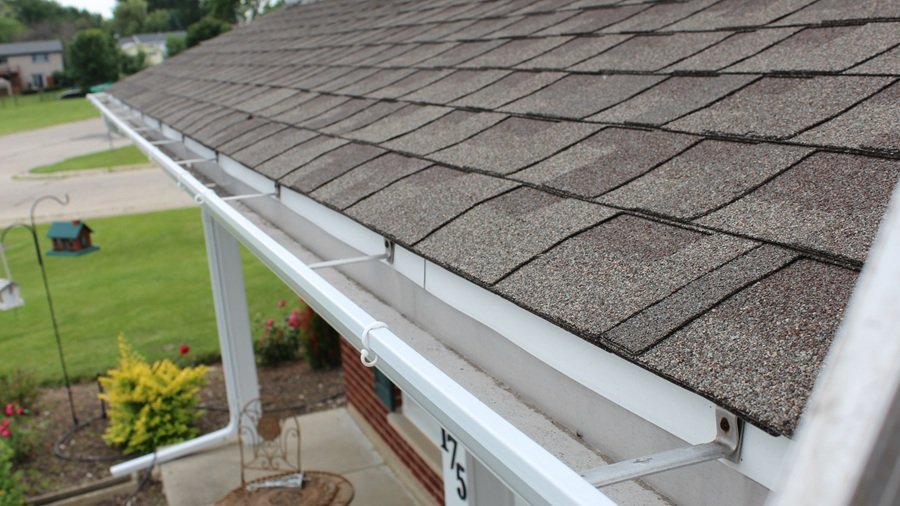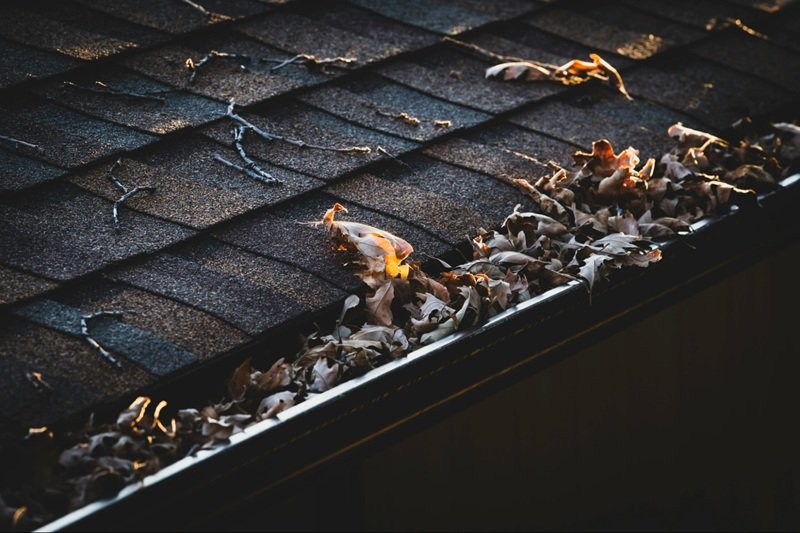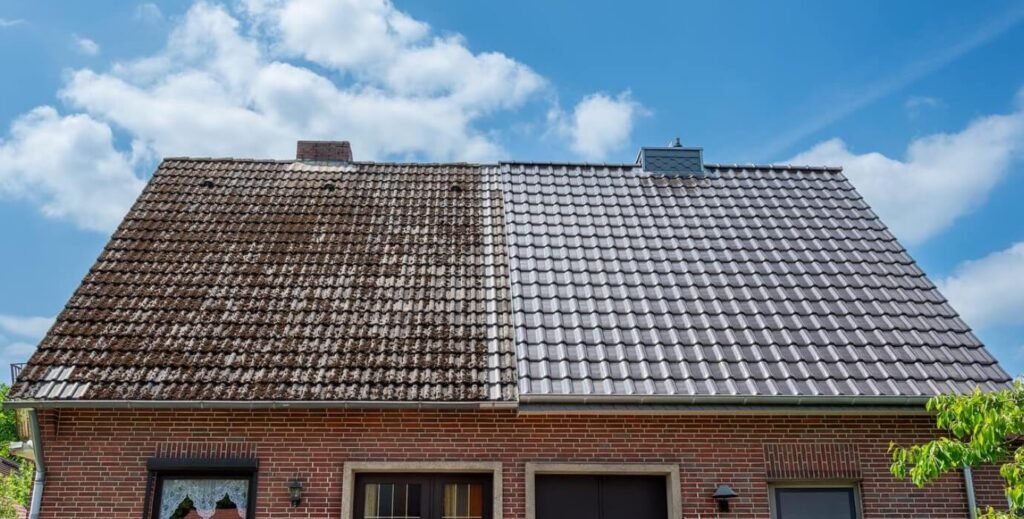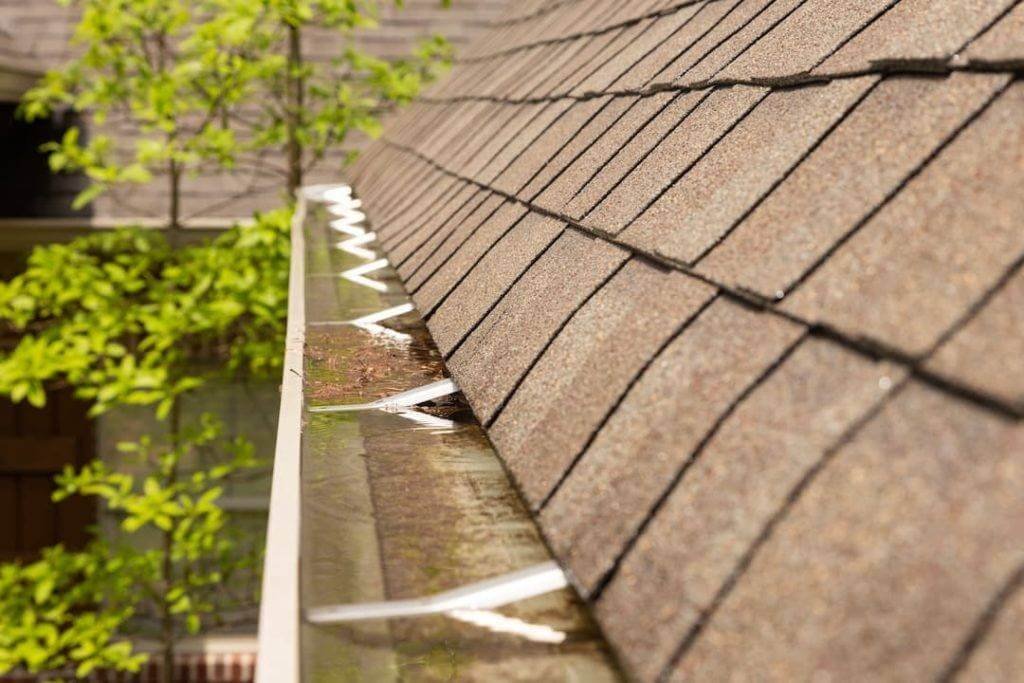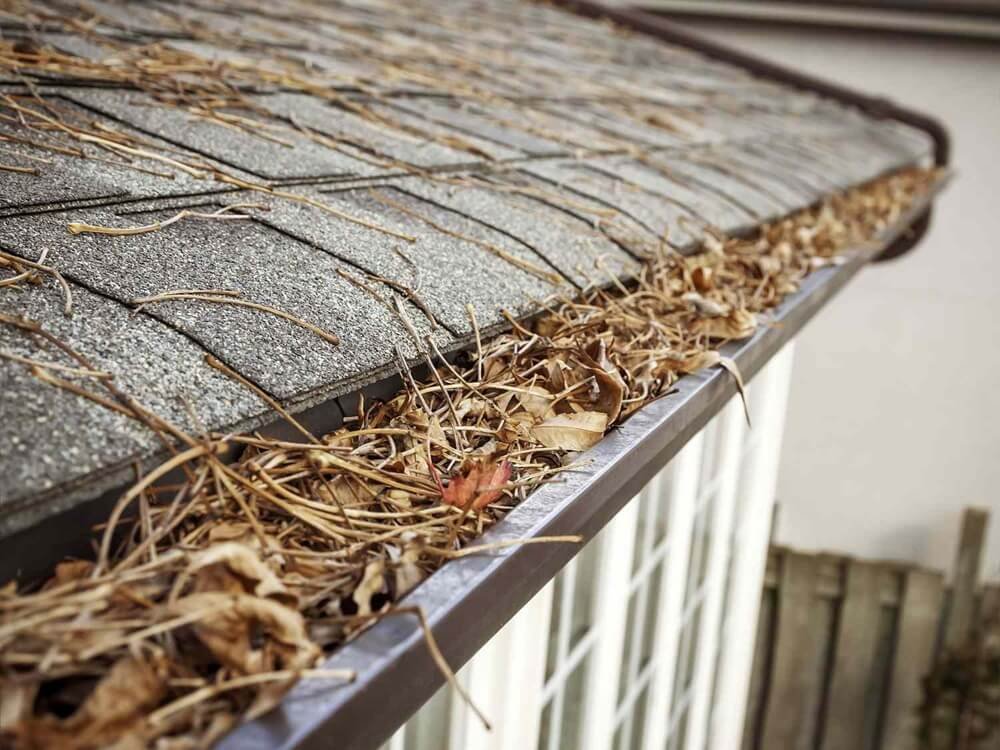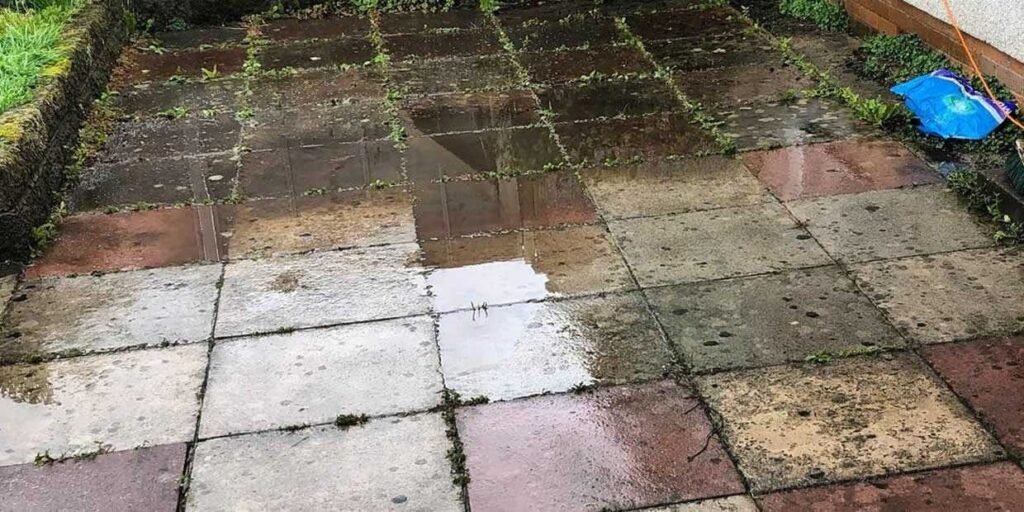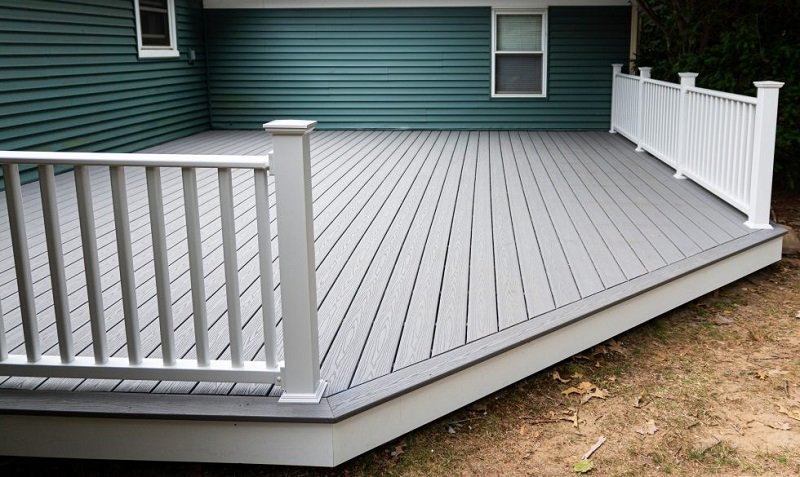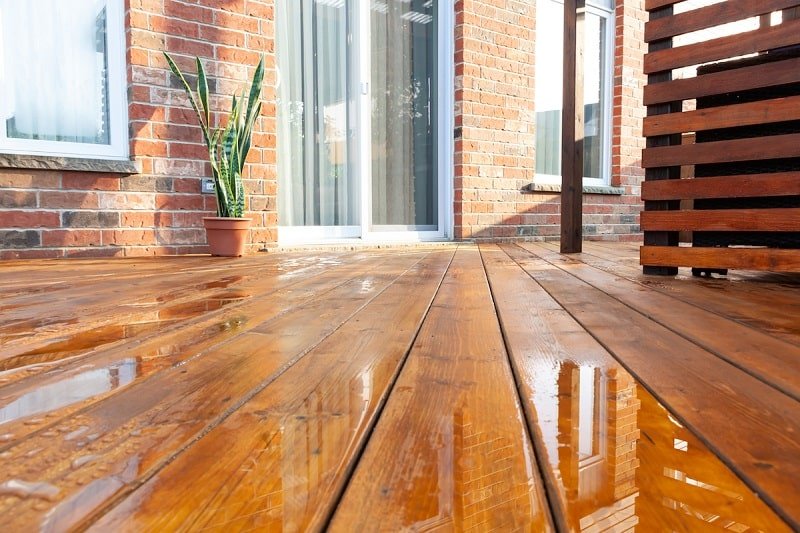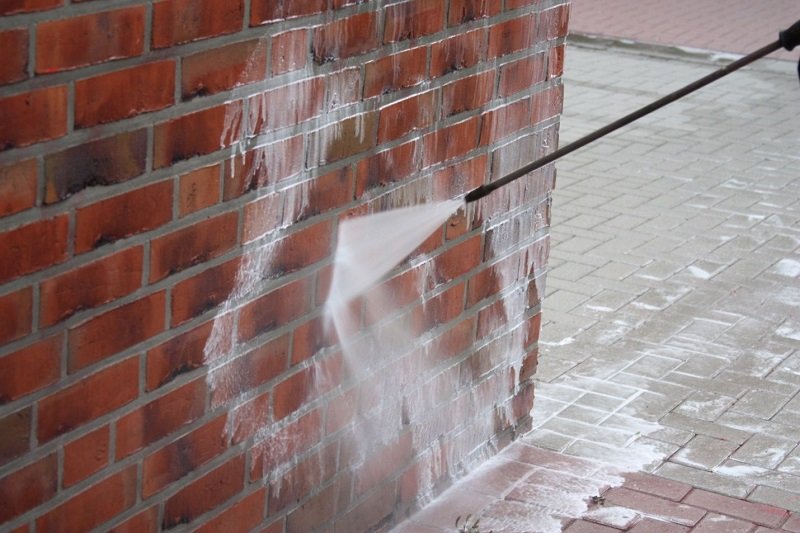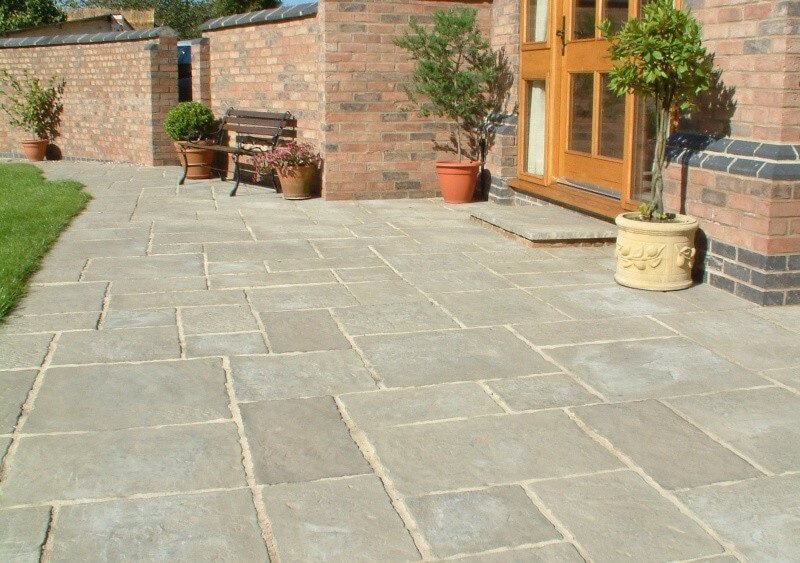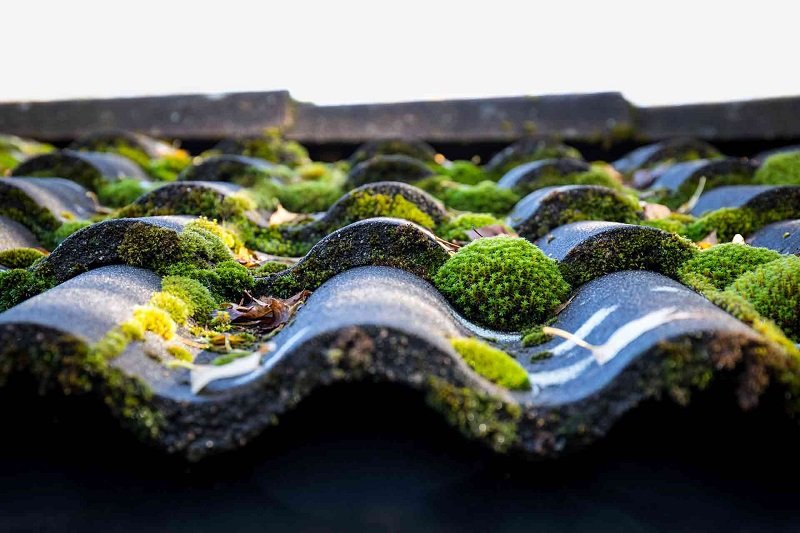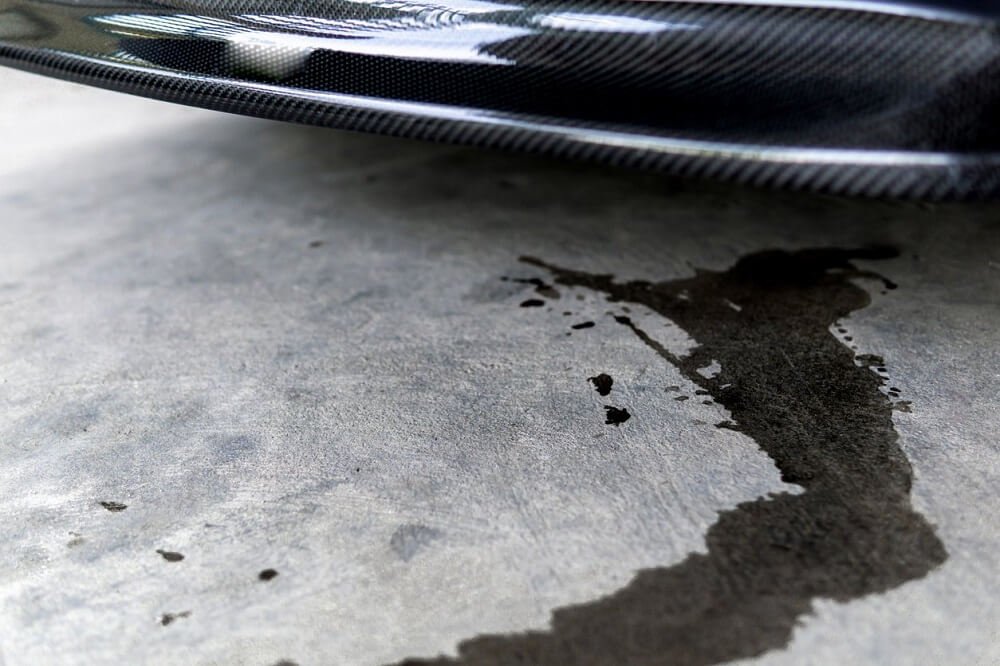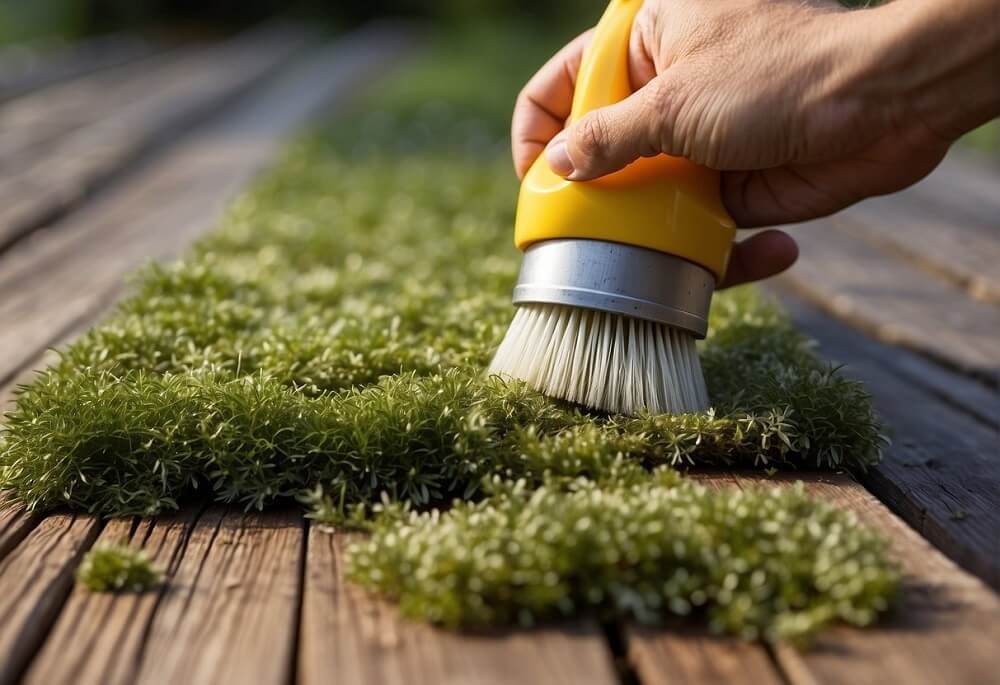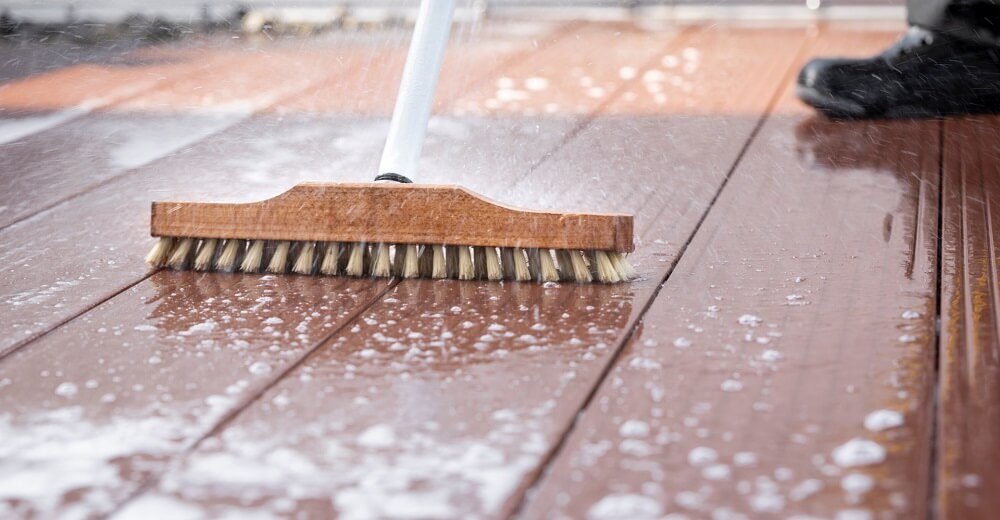We remove dirt, moss and stains safely using high-performance jet washing and eco-friendly cleaning solutions.
Your driveway works hard every day, it faces rain, mud, tyre marks, and the occasional oil spill. Over time, all that grime builds up and makes your home’s entrance look dull and worn out.
With a pressure washer and a bit of patience, you can bring your driveway back to life in just a few hours. It’s a simple job once you know what to do and seeing that clean surface appear with every pass of the washer is incredibly satisfying.
In this guide, we’ll show you how to clean your driveway with a pressure washer step by step, what to avoid, and how to keep it looking great for longer. Ready to roll up your sleeves? Let’s get started.
Why cleaning your driveway matters
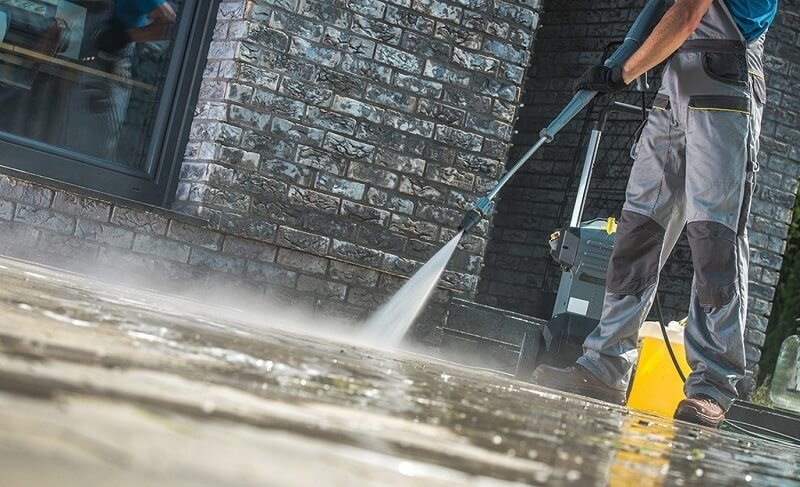
Keeping your driveway clean isn’t just about making it look nice, it’s about taking care of your home. A well-maintained driveway makes a big difference to the overall appearance and safety of your property.
Curb appeal and first impressions
Your driveway is one of the first things visitors notice. A clean, bright surface instantly boosts your home’s curb appeal and shows that you care about your property. Whether you’re welcoming guests or thinking of selling, a spotless driveway always makes a better first impression.
Preventing moss, algae, and weed growth
Moss, algae and weeds love damp, dirty surfaces. If left alone, they can quickly spread and become a real nuisance. Regular cleaning removes the dirt and organic material these plants feed on, helping to keep your driveway tidy and low-maintenance all year round.
Protecting surfaces from long-term damage
Dirt, oil and grime can gradually eat away at your driveway’s surface, especially on concrete and block paving. By pressure washing it regularly, you stop these contaminants from settling in and causing cracks, stains, or uneven patches over time.
Improving safety (slip resistance)
A build-up of moss or algae doesn’t just look bad, it can make your driveway slippery when wet. Cleaning it properly helps restore grip and makes walking and driving on it much safer for you and your family.
What you’ll need before you start
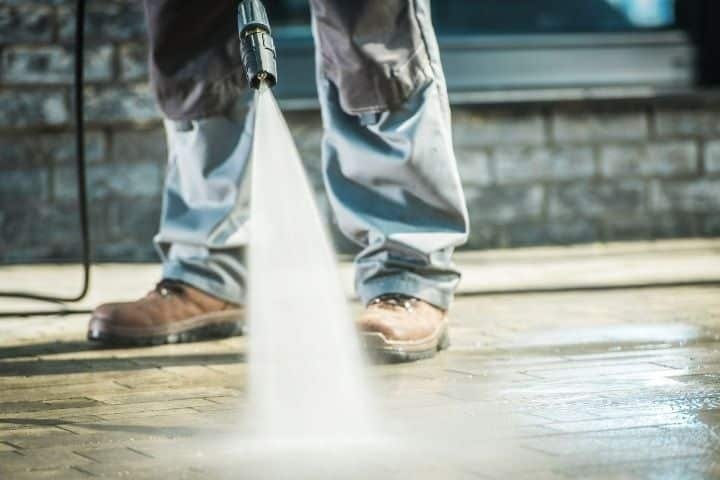
Before you turn on your pressure washer, it’s worth taking a few minutes to make sure you have the right tools for the job. Using suitable equipment not only makes the cleaning easier but also protects your driveway from accidental damage.
Choosing the right pressure washer
Not all pressure washers are created equal. For most domestic driveways, a medium-duty pressure washer (around 130–180 bar) is more than enough. It provides strong cleaning power without being too aggressive on block paving or concrete.
If you’re using a model with adjustable pressure, start on a lower setting and increase it only if needed. Too much pressure can damage pointing between paving stones or chip softer surfaces.
A washer with a rotary or surface cleaner attachment helps spread the water evenly and avoids streaks, making the job quicker and neater.
Other tools and equipment you might need
Alongside your pressure washer, a few extra items will make the process smoother and safer:
– Protective gear: gloves, waterproof shoes, and eye protection.
– Stiff broom or brush: for loosening dirt before washing.
– Cleaning detergent or driveway cleaner: especially useful for oily or stained areas.
– Garden hose and water supply: to feed your pressure washer.
– Patio or driveway cleaner attachment (optional): helps maintain an even clean and reduces splashback.
– Extension cord (for electric models): to give you enough reach across the full area.
Having everything ready before you begin means less running back and a much smoother cleaning experienc
How to clean a driveway with a pressure washer
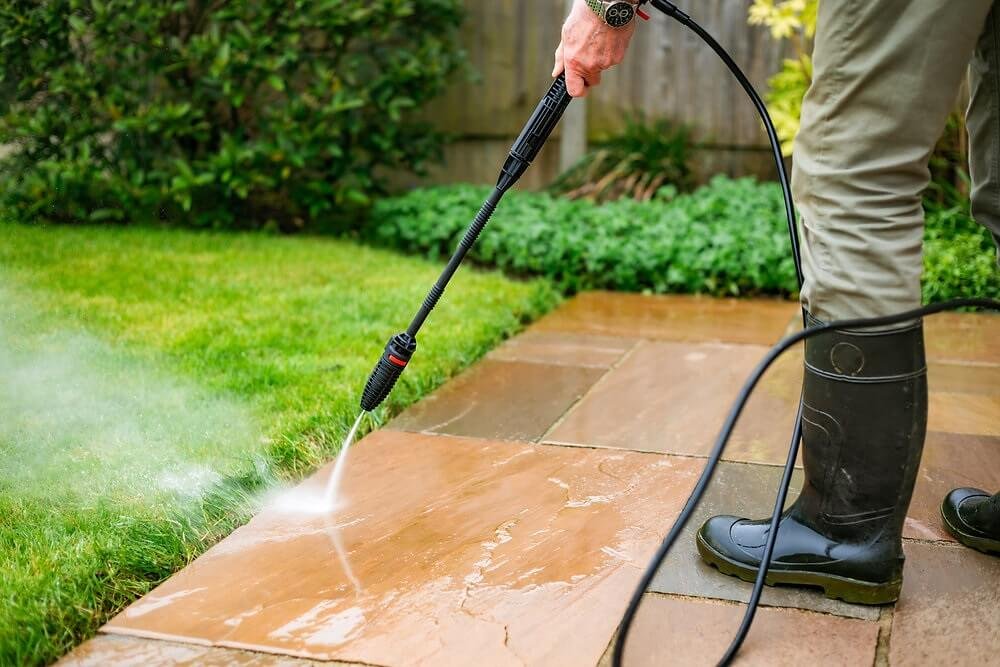
Ready to start? Follow these simple steps to make your driveway look fresh and spotless again.
Step 1: Prepare the area
Before you get started, make sure the space is clear and safe to work in.
- Remove vehicles and obstacles so you can move freely.
- Sweep away loose debris, leaves and gravel.
- Pre-treat oil stains or moss using a driveway cleaner or moss remover if needed, this makes pressure washing more effective later on.
Step 2: Apply detergent
Use a driveway cleaner or detergent suitable for your surface (concrete, block paving, tarmac, or resin).
- Apply it evenly with your pressure washer’s detergent setting or a garden sprayer.
- Let it sit for 5–10 minutes to break down dirt, oil and algae.
- Avoid letting it dry out, especially in direct sunlight.
Working on a cloudy day helps the detergent stay active longer.
Step 3: Adjust your pressure washer
Set your washer to a moderate pressure, around 2,000 – 3,000 PSI for concrete, and lower for resin or tarmac.
- Always test on a small hidden patch first to check that the surface isn’t damaged.
- Using too much pressure can strip sealants, chip paving edges, or leave uneven marks.
Step 4: Work in sections
Start washing from the top of the driveway and move downwards in slow, even strokes.
- Overlap each pass slightly for a consistent clean.
- If you’re using a rotary or surface cleaner attachment, it will help you cover large areas faster and avoid streaks.
Step 5: Rinse thoroughly
Once you’ve finished washing, rinse the entire area carefully.
- Make sure all detergent and debris are removed.
- Pay attention to edges and joints, where residue tends to collect.
Step 6: Inspect and repeat if needed
Walk around the driveway once it’s dry to spot any remaining stains or tyre marks.
- Treat stubborn patches again if necessary.
- Once you’re happy with the result, you can also apply a driveway sealer to help keep it cleaner for longer.
What to watch out for when pressure washing your driveway
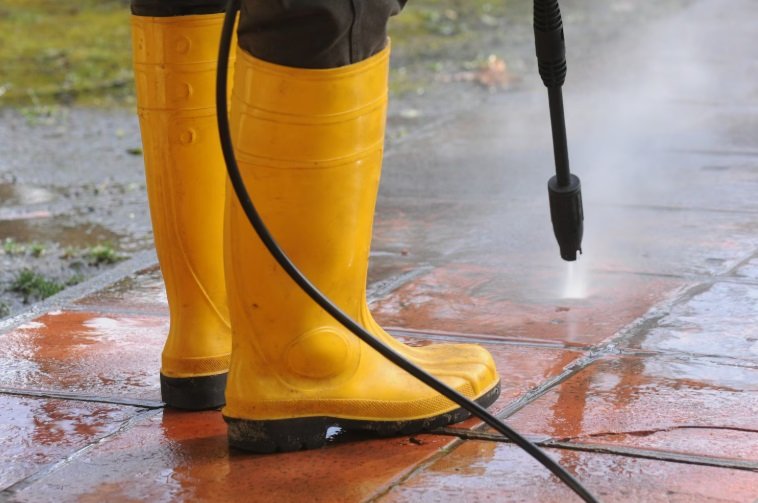
Pressure washing is a great way to restore your driveway, but it’s easy to make a few mistakes that can cause damage or shorten the life of your surface. Here are some common pitfalls to avoid:
1. Using too high pressure on delicate surfaces
More pressure doesn’t always mean a better clean. Surfaces like tarmac, resin or block paving joints can be damaged by excessive force. Always start on a lower setting and test first, you can increase the pressure if needed, but once it’s chipped or etched, the damage is done.
2. Cleaning in direct sunlight
Washing on a hot, sunny day might seem like a good idea, but the detergent can dry out too quickly, leaving marks or streaks behind. Try to clean in the morning or on a cloudy day so the solution has time to work properly.
3. Ignoring pre-treatment of stains
Oil, grease, and moss don’t always come off with pressure alone. Skipping pre-treatment can mean wasted effort and patchy results. Applying the right cleaner beforehand makes the washing process much more effective.
4. Standing too close to the surface
Holding the nozzle too close can etch concrete, remove sealant, or even leave visible lines. Keep a steady distance, about 30 to 45 cm (12–18 inches) and move the spray evenly for a smooth, consistent finish.
5. Forgetting to seal the driveway after cleaning
Once your driveway is spotless, sealing it helps protect against stains, algae, and weather damage. It also keeps it looking fresh for longer. Think of sealing as the final step that locks in all your hard work.
Keeping your driveway clean after pressure washing
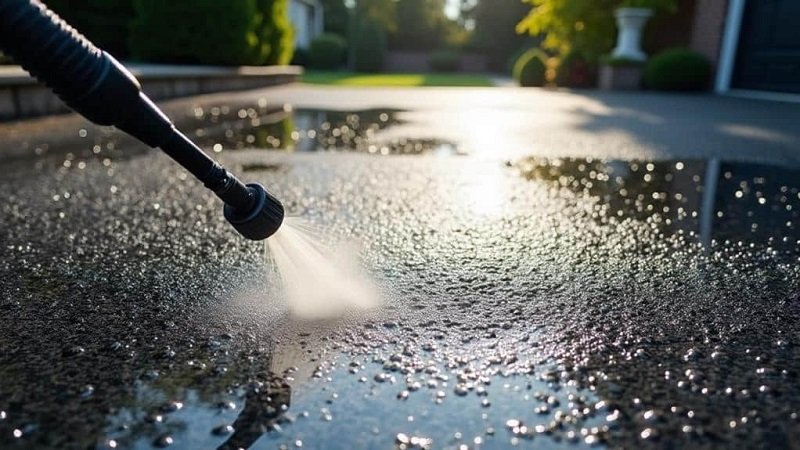
You’ve done the hard work, your driveway looks fresh and spotless again. Now it’s time to keep it that way for as long as possible. A bit of regular maintenance goes a long way towards preventing dirt and moss from building up again.
Regular sweeping and rinsing
A quick sweep once a week removes leaves, dust, and debris before they have a chance to settle. Every so often, give the area a light rinse with your garden hose to wash away fine dirt, especially after rain or windy days.
Re-sealing concrete or block paving annually
If you have a concrete or block-paved driveway, applying a sealant once a year helps protect against water, oil, and UV damage. It also makes future cleaning much easier and keeps colours looking sharp.
Spot-treating moss and algae early
Don’t wait for green patches to spread. Treat any signs of moss, algae, or weeds as soon as they appear with a mild biocide or moss remover. Tackling them early saves you time and keeps your driveway safe and slip-free.
Avoid parking leaking vehicles on the surface
Oil and fuel stains are among the hardest to remove. If your car tends to leak, consider using a drip tray or parking mat to protect the surface. Prevention is always easier than scrubbing later!
Tips for pressure washing your driveway without harming the environment
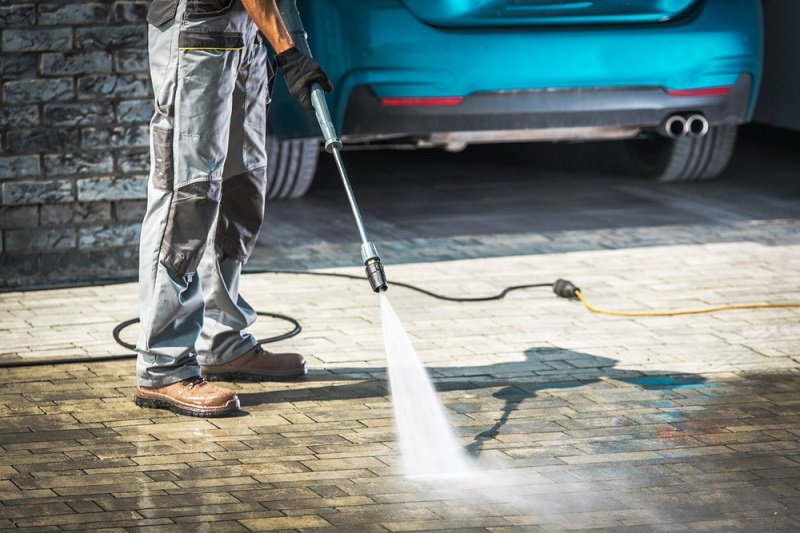
Pressure washing can make your driveway sparkle again, but it’s also important to do it responsibly. A few simple choices can help you protect your garden, your local water system and the environment.
Safe detergent disposal and local regulations
Always check the label on your cleaning products and follow local guidelines for disposal. Some detergents shouldn’t go directly into storm drains, as they can affect wildlife and waterways. If possible, direct your wastewater onto grass or soil where it can safely soak in rather than run straight into the street.
Using eco-friendly products
Choose biodegradable and non-toxic cleaners made specifically for outdoor surfaces. These are just as effective at removing dirt and algae but are much safer for plants, pets, and the environment. Many UK retailers now stock eco-certified pressure washer detergents that work brilliantly without harsh chemicals.
Preventing runoff into drains and gardens
Before you start washing, block nearby drains with a sandbag or rag to stop dirty water and detergent from flowing into them. When rinsing, try to guide the water away from flowerbeds and lawns, the high pressure and detergent can harm delicate plants.
When it’s better to hire a professional
Pressure washing your driveway can be a satisfying DIY project, but sometimes it’s simply easier and safer to leave it to the pros. There are a few situations where hiring a professional cleaning service can save you time, effort and even money in the long run.
Large or heavily stained driveways
If your driveway covers a large area or has deep oil stains, moss, or algae that just won’t budge, a professional team will have the industrial-grade equipment and specialist products needed to get the job done quickly and thoroughly.
Delicate materials that need low-pressure washing
Surfaces like tarmac, resin-bound driveways, or natural stone can be damaged if cleaned with too much pressure. Experienced cleaners know exactly how to adjust their tools to protect your surface while still removing dirt effectively.
When time, tools, or experience are limited
If you don’t own a pressure washer, don’t want to deal with detergents or simply prefer a guaranteed result, calling in an expert is the smart move.
Professional help in Bristol
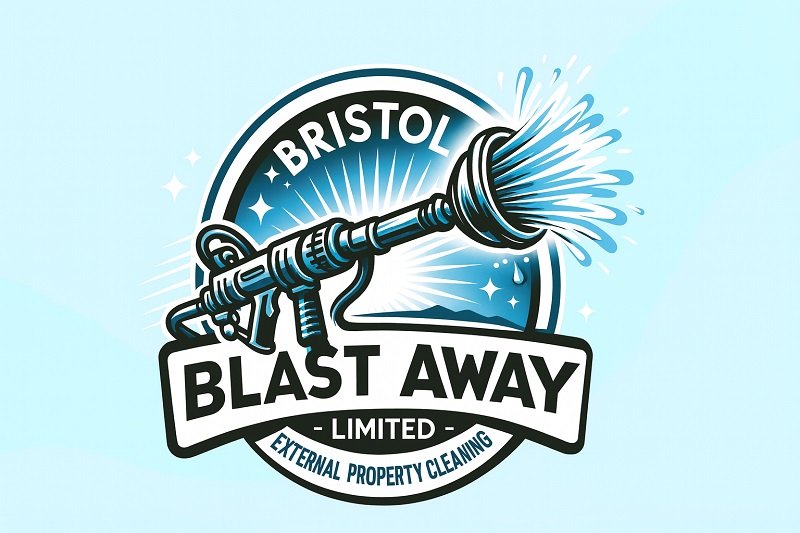
If you’d rather let experts handle it, Bristol Blast Away offers professional driveway cleaning services across Bristol and surrounding areas. They use eco-friendly detergents, advanced surface cleaning equipment and careful pressure control to restore your driveway without causing damage.
Whether you’re dealing with stubborn oil stains, moss buildup, or faded paving, their experienced team can make your driveway look like new, quickly, safely and affordably.

